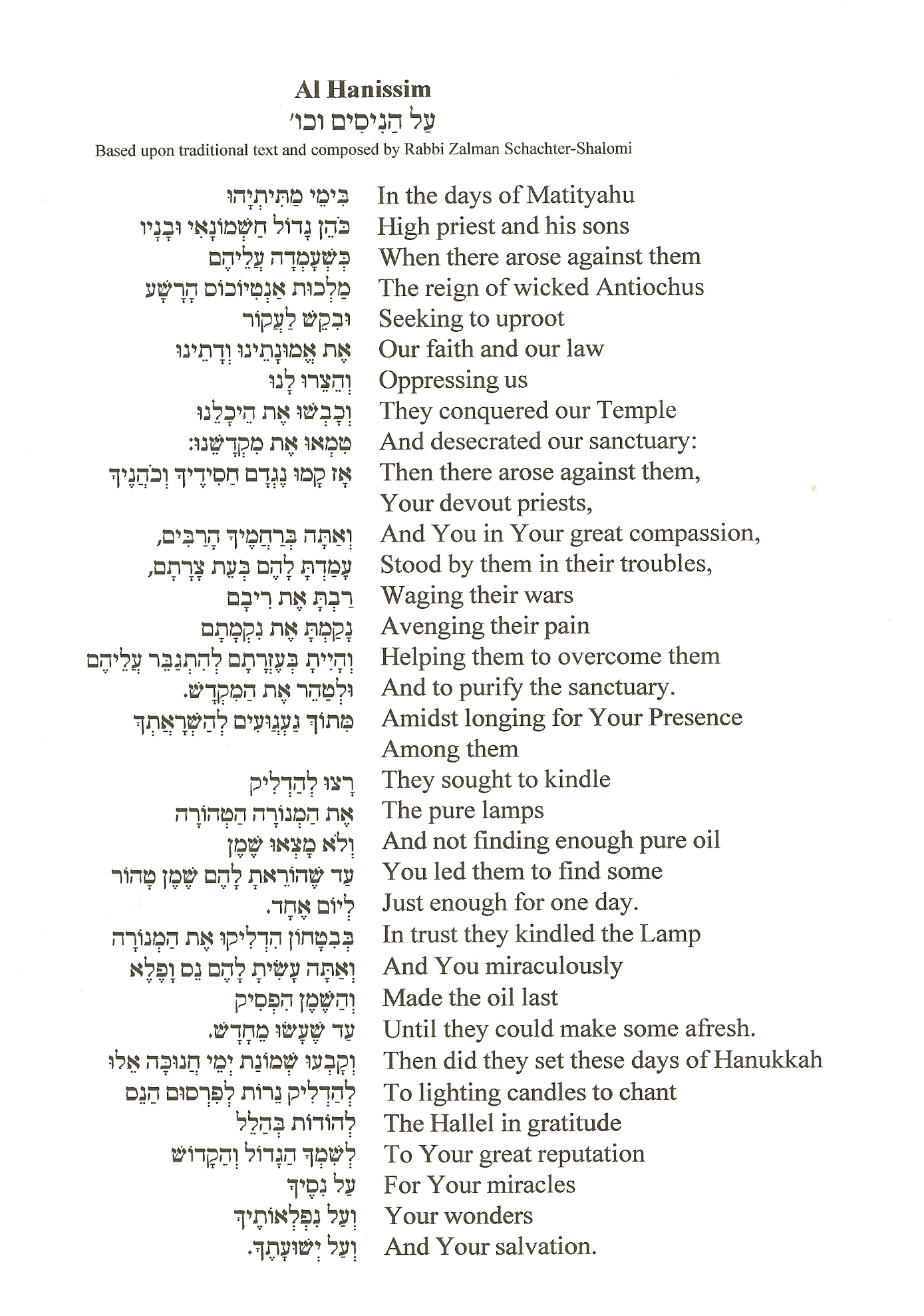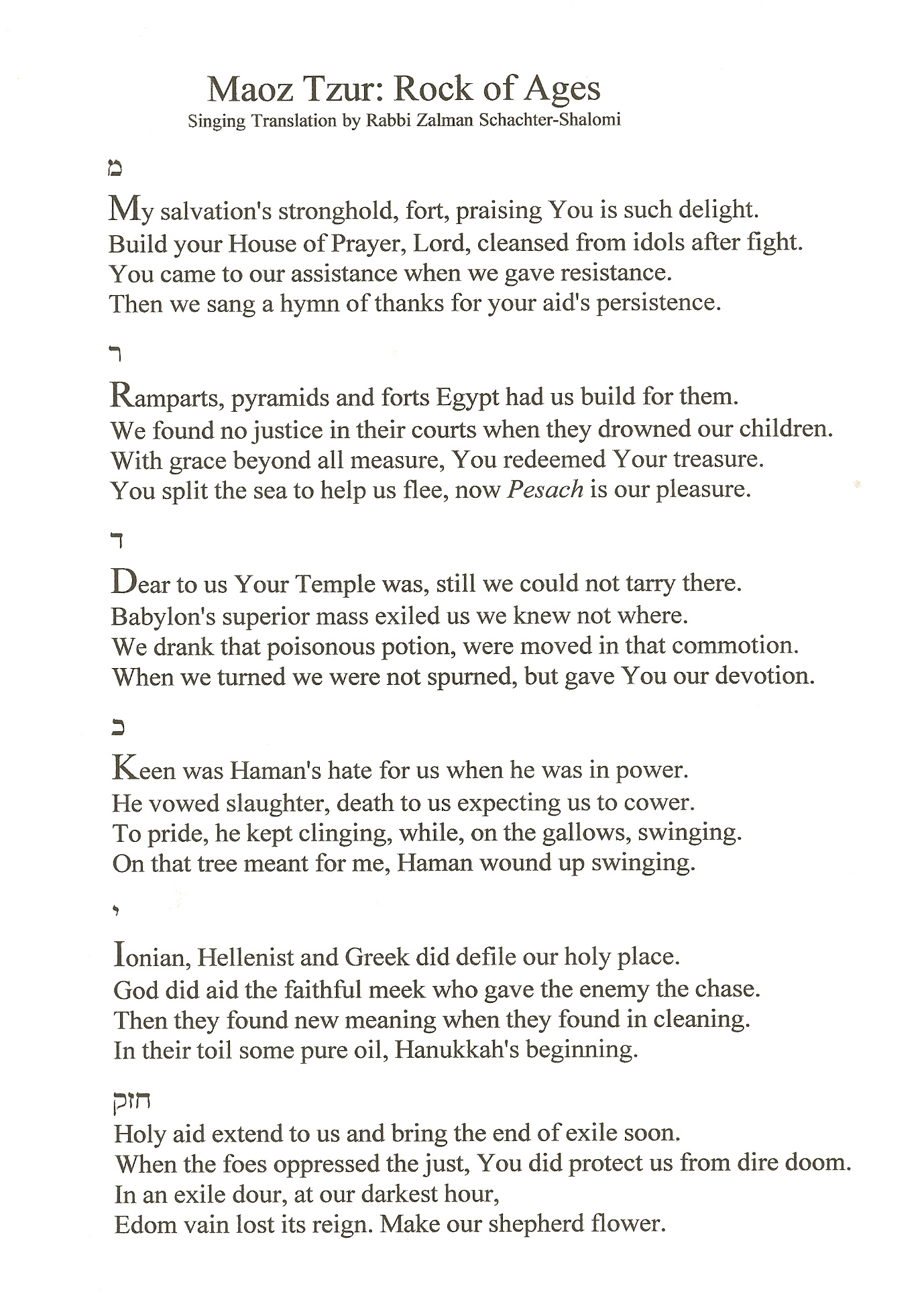“I’ve worked on the design of a computer program for problem-solving, or planning, using the tradition of the sefirot / divine attributes as a methodology. If the software is ever produced, it can be called, the ten-planner. Here is a description of what it would look like:
“The program would systematically divide a problem into activities using the sefirot as a guide. It would allocate intervals of time of differing duration for each activity and would do this through asking a series of questions.
“First, it would ask keter / vision questions: Keter questions help one to structure the time allocation for the subsequent phases to define where to spend the time. Keter will create a balanced tree.
“Chochmah / Brainstorming would ask: ‘What do you want?’ The person would say, ‘I want x.’
“Binah / Planning would say: ‘Let’s figure out what x is. What are all its dimensions? What are its inputs? What kind of planning goes into it? What sort of a budget is needed?’ And Binah‘s answers would lead to computations and allocations.
“Da’at / Awareness would sneak in as quality control: ‘How will we know we’ve achieved what we set out to achieve? I, Da’at, am the feed-back loop. When it doesn’t hit these indicators, I’ll tell you you’ve missed the mark.’
“Chesed / Lovingkindness: ‘What are my resources? What’s available for spending in terms of time, space, energy, money, etc.?’
“Gevurah / Discipline: ‘What limits must I consider for time, space, energy, money, etc.?’
“Tiferet / Balance: ‘Who’s going to participate?’ (Tiferet has the social dimension.)
“Netzach / Effectiveness, Efficiency: ‘What kind of technology do I need to make it happen. Who do I need with what expertise?’ (There’s a discussion between netzach and gevurah. Gevurah says, ‘Don’t forget your budget,’ while netzach wants to spend through the nose, so it will be super-duper good with insurance and everything built in. Gevurah sends down a budget message, saying, ‘We can’t afford everything you want, netzach.’)
“Hod / Impact: ‘How am I going to get this idea to find space in peoples’ hearts? How shall I market it? How shall I package it?’
“Yesod / reproducibility: ‘How can I produce it so that today and tomorrow it can keep going and be nurtured. I need a sustainable way.’
“Malchut / Operations: ‘Release the plan. It has to function by itself, without being connected to the system which produced it.’
“The above, illustrates one way that we might try to apply the functions of the Sefirot in the world of Assiyah.”

